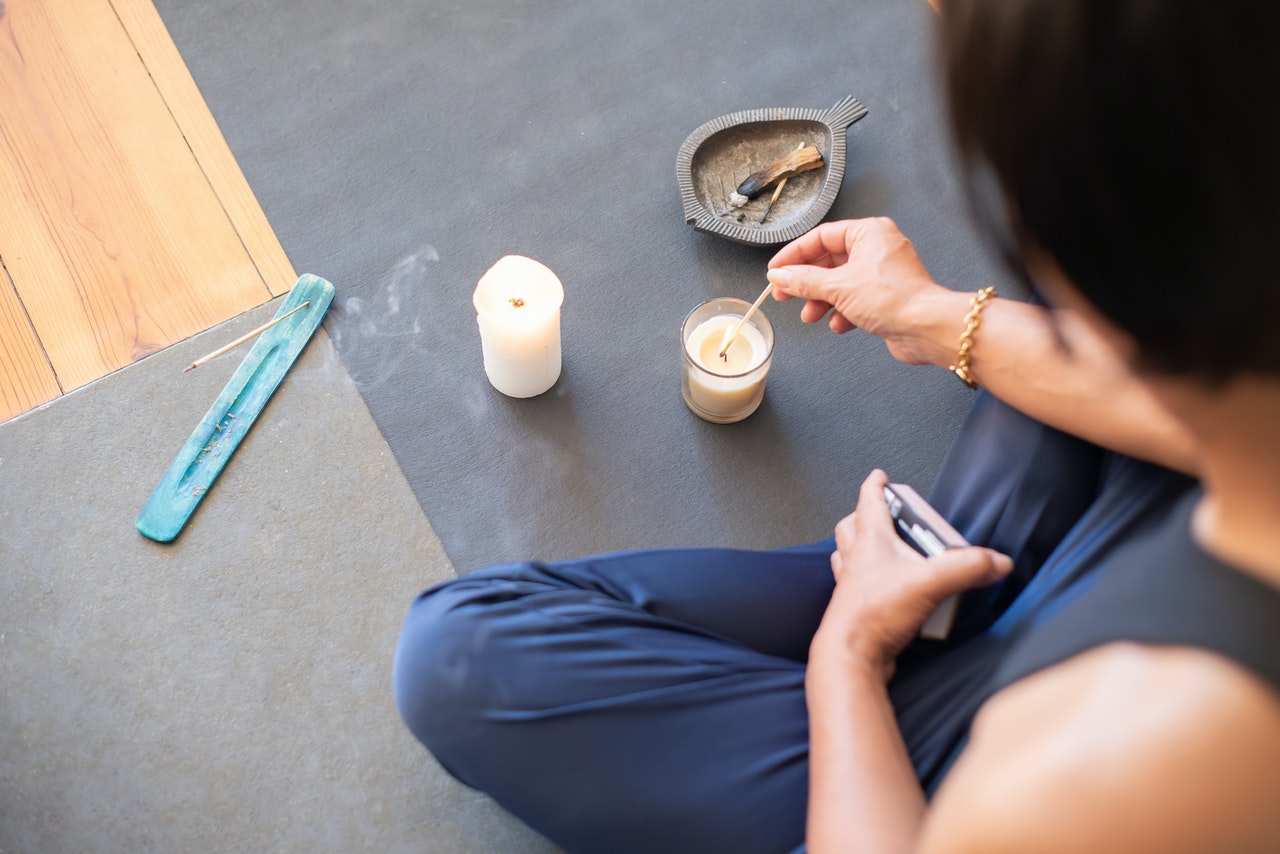Recognising that you have an addictive habit is a giant first step to combatting it. The causes behind addiction are complex, as physical, mental, biological, and environmental factors are at play. Whilst getting a therapist is the most thorough and reliable option, it’s also important to understand the subject yourself.

Swapping out damaging habits
Before getting into the difficulties of addiction, let’s first explore what we can do in the short term. First and foremost, we can look at addition-soothing items like the best E Cigarette. These items are designed to help us scratch our itch without so much physical damage. This is particularly useful for substance addictions like smoking, in which users can order e-liquids online and remove the tar from their addiction immediately.
With some substances, it can be dangerous to cut out immediately. For example, alcohol withdrawal can be deadly, which is why you should consult with a doctor before drastically changing any habits. It’s also important to understand your tolerance likely isn’t “normal” too. Abstinence can cause tolerance to drop, meaning a rebound to your addiction can be dangerous as you consume what you once thought was a “normal” amount.
Furthermore, for addictions beyond substance abuse, there aren’t always items to use for swapping one addiction for another. This is why this is a short-term fix, and that getting to the root of the addiction is at the core of long-term recovery.
Being objective in your habit
There are many emotions that can get in the way of how we perceive our problem. For example, guilt can be a driving force for making positive changes, but it can also work against you, eating away at self-esteem.
There are many instances of justifications that can prevent changing bad habits. For example, denial, comparisons, defiance, rationalisations, glorifications… These are all common justifications that prevent quitting addictions.
This is why acceptance is the first step to recovery in according to Alcoholics Anonymous. Accepting your powerlessness is somewhat the first step to regaining back that power as an individual. This can be a difficult first step for some because it’s often misinterpreted as being “weak”; however, the act of accepting powerlessness is an act of courage and strength.
Quitting
The root cause of your addictive behaviours can be very complex, and so can the drivers of the justifications. This is why the absolute best thing to do is to have therapy because a therapist is a master at understanding these complex underlying drivers. For example, they may highlight that your relationship problems or unfulfilling work are perpetuating some of the addictive behaviours. Whatever it may be, a therapist can help identify these issues for you and take a more holistic approach.
Whilst quitting a dangerous habit is the immediate priority, it may not help solve the underlying addiction, which may manifest in other forms. So, whilst swapping out cigarettes for e-cigarettes, for example, can be great in the short term, you may still want to thoroughly address why you’re still craving the (e)cigarettes.
Besides therapy though, people can still visit helpful addition-quitting forums, get friends with the same mindset of wanting to quit, and read lots about quitting.

